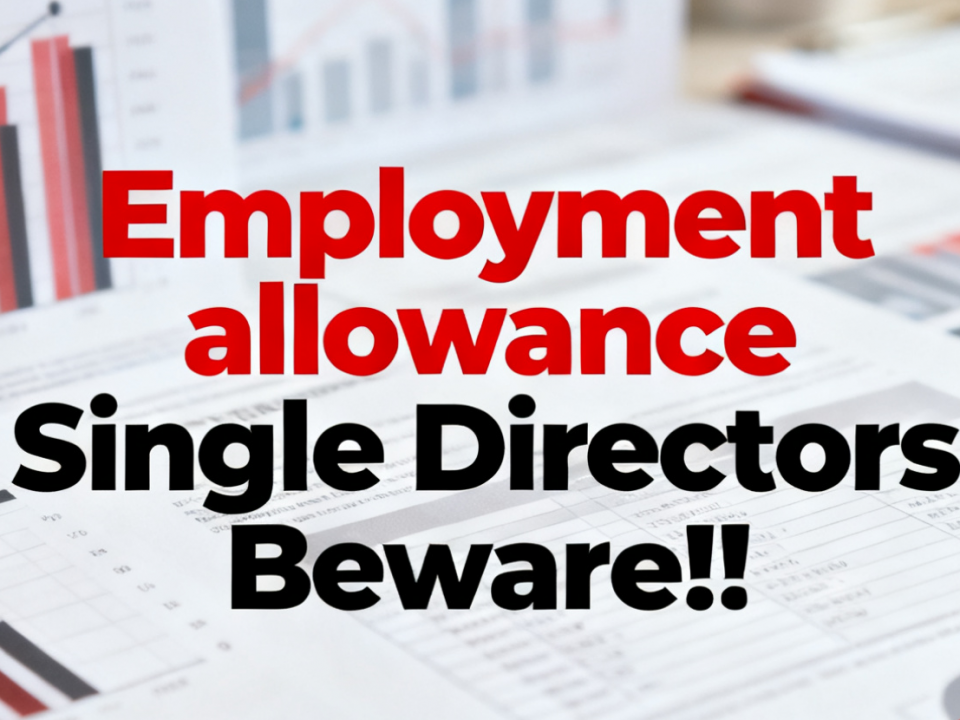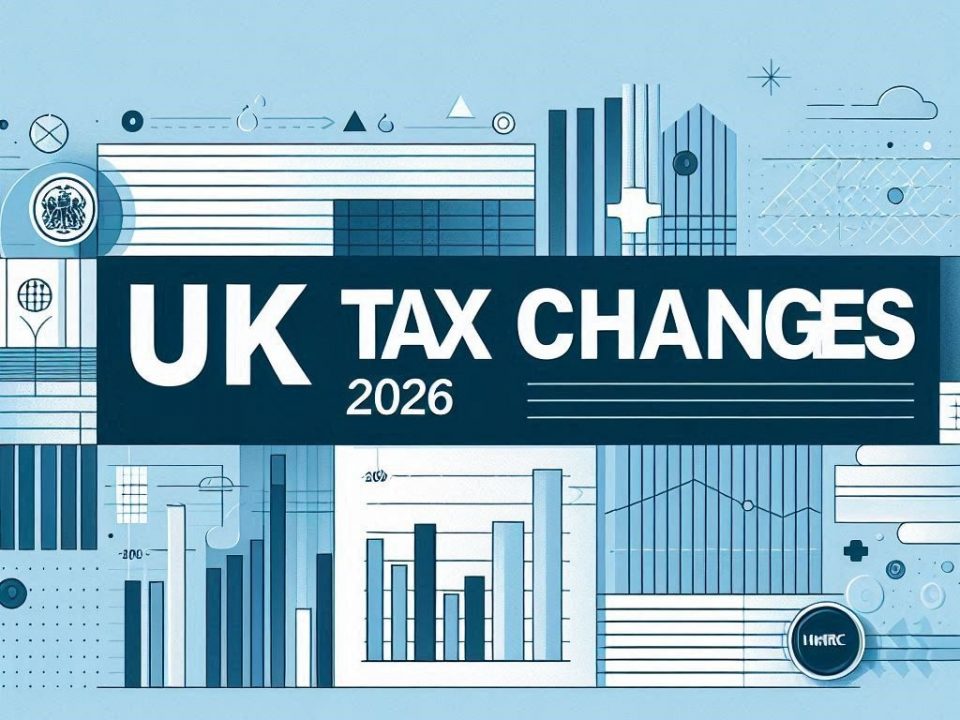Mitigating Inheritance Tax (IHT) Through a Limited Company (Ltd) Structure
October 11, 2024Autumn 2024 Budget Update: Key Changes for Businesses and Individuals
October 30, 2024Understanding Staff Entertaining Expenses: A Guide for Employers
Staff entertaining is an important part of maintaining a positive workplace culture. Whether it’s a holiday party, team-building event, or an occasional treat for your employees, these activities can boost morale and foster collaboration. However, it’s important to understand how staff entertaining expenses are treated from a tax perspective to avoid potential pitfalls.
In this blog, we will break down the rules surrounding staff entertaining expenses, how they can be claimed, and the tax implications for your business.
What Are Staff Entertaining Expenses?
Staff entertaining expenses are costs incurred by a business for events or activities that are organized exclusively for employees. These expenses can include:
• Team-building events
• Annual parties (like Christmas or summer events)
• Meals and drinks provided during work-related gatherings
• Gifts for employees (within certain limits)
It’s important to note that staff entertaining should be distinct from client entertaining, as the tax treatment for these two categories differs significantly.
Tax Deductibility of Staff Entertaining
The key question for many businesses is whether these expenses are tax-deductible. In most cases, the cost of staff entertaining is allowable for corporation tax purposes, meaning you can claim the expense as a deduction against your business’s taxable profits.
However, certain conditions must be met:
• The event or benefit must be open to all employees (or at least all employees at a particular location or department).
• It should be aimed at improving staff morale, retention, or productivity, not for business development or client purposes.
For example, the costs of a Christmas party that includes all employees would typically be deductible, but taking a small team out to celebrate closing a big client deal might not be fully allowable, depending on the circumstances.
The Annual Staff Party Exemption
For businesses that want to go all out for their employees, the annual event exemption is a tax-free benefit available to employees. Here’s how it works:
• Employers can spend up to £150 per head per tax year on annual staff events (like a Christmas party or summer event).
• The cost includes all expenses related to the event, such as transportation, meals, accommodation, and entertainment.
• The event must be open to all employees (or all employees at a particular location).
If the cost per head exceeds £150, the entire amount becomes taxable as a benefit in kind (not just the amount over £150).
VAT on Staff Entertaining
When it comes to VAT, the rules are slightly different. If your business is VAT registered, you may be able to reclaim the VAT on staff entertaining expenses. However, there are specific conditions:
• You can reclaim VAT on entertaining expenses incurred for employees.
• VAT cannot be reclaimed on expenses related to entertaining non-employees (e.g., clients, partners, or spouses of employees at a company event).
For example, VAT incurred on meals and drinks at a company-organized team-building event can be reclaimed, but VAT on the cost of bringing clients to that same event cannot be.
Are Staff Entertaining Expenses a Benefit in Kind?
If you stay within the £150 annual exemption, staff entertaining events are not considered a taxable benefit in kind for employees. This means there is no additional tax for employees, and the business can still claim the cost.
However, if the cost exceeds £150 per head, the total amount becomes a taxable benefit in kind, and both the business and employees may face additional tax charges:
• The employee will be taxed on the value of the benefit.
• The employer may be liable for National Insurance contributions on the value of the benefit.
To avoid these charges, it’s important to carefully plan your events and keep track of per-head costs throughout the year.
Planning for Staff Entertaining Expenses
To ensure your business can take full advantage of the available tax reliefs and avoid unnecessary costs, consider the following tips:
1. Budget Carefully: Keep track of the cost per head to ensure you stay within the £150 annual limit.
2. Document Everything: Maintain detailed records of all staff entertaining expenses, including the purpose of the event, the number of attendees, and receipts.
3. Separate Client and Staff Entertaining: Clearly distinguish between expenses incurred for employees and those for clients or partners, as the tax rules are different.
4. Consult us: Professional advice can help you navigate the complexities of tax rules for entertaining and avoid any pitfalls.
Conclusion
Staff entertaining is a valuable investment in employee morale and team cohesion, but it’s essential to understand the tax implications. By adhering to the guidelines around tax-deductibility and the annual event exemption, you can host events that benefit your employees while minimizing any tax liabilities for both your business and your staff.
If you’re uncertain about the rules or want to ensure you’re maximizing the tax benefits available, consult with Taxes Done Right Ltd to develop a strategy that works for your business.



